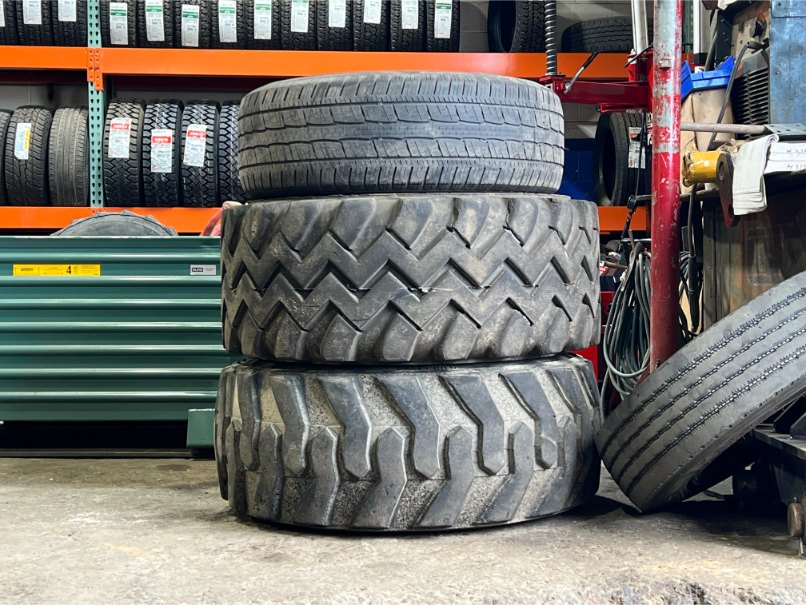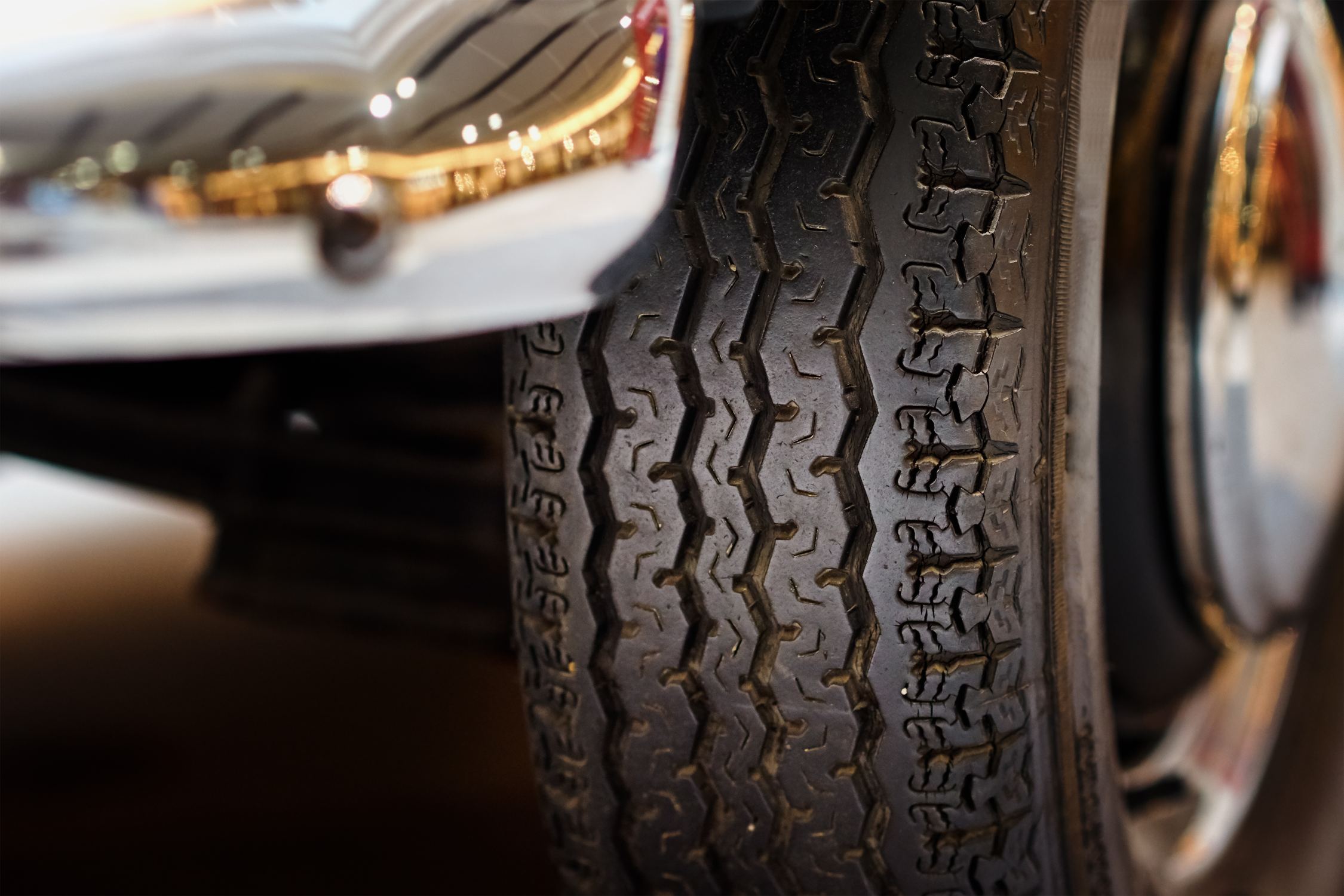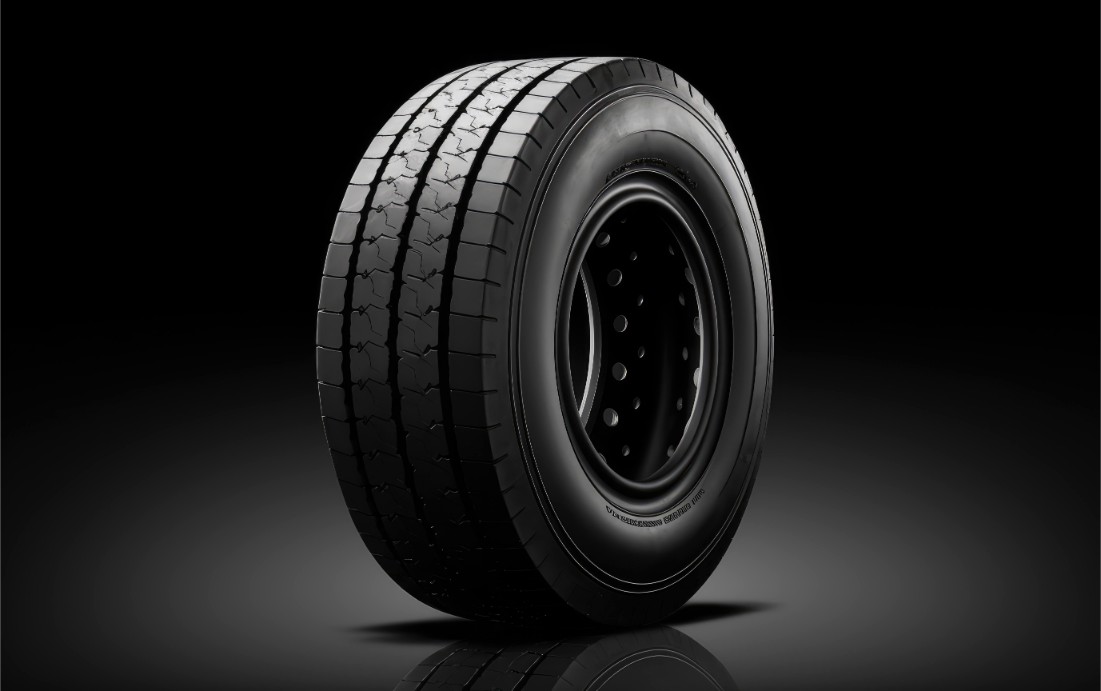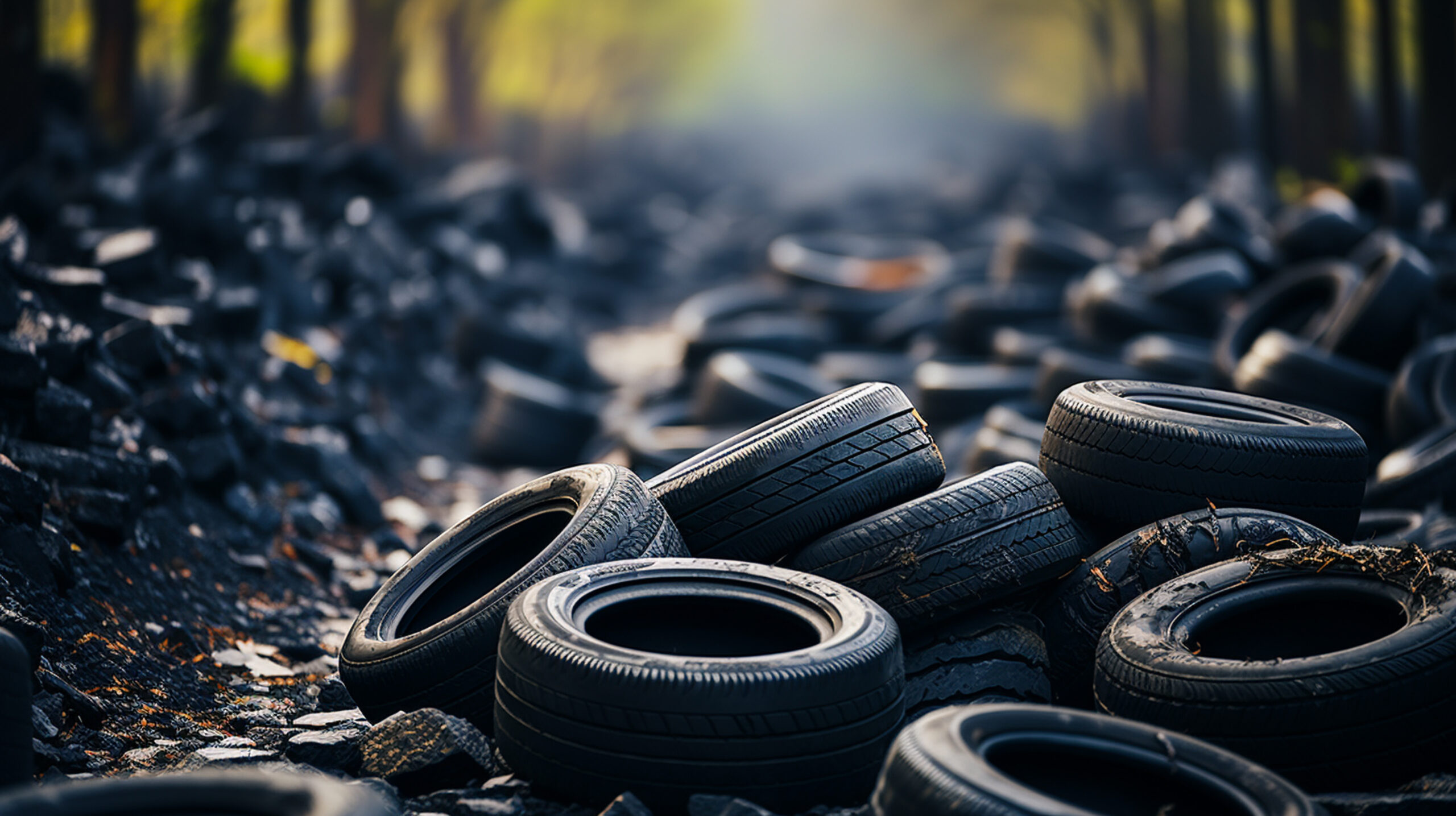
For companies dependent on Heavy Commercial Vehicles (HCVs), tyres are more than a mere part—they are the linchpin in delivering safety, efficiency, and profitability. Selecting the appropriate HCV tyres means striking the ideal balance between durability, cost, and environmental sustainability. At Regrip, we assist fleet operators and managers in making the right decision that generates long-term value and minimizes their carbon footprint.
The Durability Factor
Durability is a major area of concern when choosing HCV tyres. With heavy loads on vehicles moving over tough terrain and over long distances, performance of the tyres should be consistent under pressure. A durable tyre guarantees improved grip, less downtime, and fewer replacement tyres, which further translates into less maintenance expense.
New HCV tyres are made with innovative rubber compounds and strengthened structures to resist heavy wear and tear. Regrip provides tyres with various varieties that have undergone real-world testing, ensuring they deliver long mileage and durability.
Nonetheless, keep in mind that even the strongest tyre can end its life prematurely if poorly maintained. Frequent inspections, regular inflation, and proper wheel alignment are basic practices that extend tyre life drastically.
Cost Considerations: New vs. Retreaded Tyres
Cost is always a consideration for fleet operators. It is costly to replace new tyres, particularly for big fleets. Retreaded tyres are where they come in handy. Regrip offers high-quality retreaded HCV tyres that match new tyre performance at a fraction of the price.
Operators are often amazed to discover that retread tyres can be as good as new tyres if they are produced to high quality specifications. Our retreading operation incorporates rigorous quality inspections and the utilization of high-grade materials for optimum safety and dependability.
By opting for retreaded tyres, fleet owners can save considerable amounts of money on their operations without ever affecting their performance. And with retreading, the tyre casing is reused, providing tyres with a second (or even third) lease of life.
Environmental Impact: A Sustainable Choice
The ecological footprint of tyre production and disposal is becoming increasingly troublesome. Conventional tyre production involves high raw material and energy consumption, and tyres that are discarded usually go to the landfill or get burned, which gives rise to pollution.
Retreaded tyres are the sustainable option that saves natural resources and minimizes waste. Retreading utilizes a fraction of the energy and materials needed to make new tyres, which contributes to lowering your fleet’s carbon footprint.
We’re dedicated to sustainable mobility at Regrip. Our retread process is environmentally friendly and meets industry standards. Through the reuse of every tyre casing, we conserve the need for new rubber and prevent worn tyres from being added to landfills.
The Right Decision
The ideal HCV tyre for your fleet hinges on several factors—type of load, road environment, mileage, and cost. These are some of the important points to keep in mind:
Application: Select tyres suited to your vehicle’s unique duty cycle—long-haul, regional, or off-road.
Total Cost of Ownership (TCO): Don’t consider only the initial cost. Look at fuel economy, maintenance, and longevity.
Supplier Support: Partner with a trusted supplier who offers consistent quality, technical assistance, and after-sales support.
At Regrip, technical proficiency meets customer satisfaction. Whether you require new or retread HCV tyres, we will assist you in procuring the appropriate product that supports your operational and sustainability objectives.
Get in Touch
Wish to optimize your fleet tyre strategy? Our experts at Regrip are here for you.
Email us at [email protected]
Let us collaborate to keep your fleet rolling—efficiently, economically, and sustainably.








